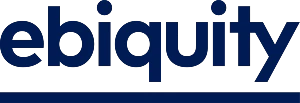When I’m not managing and brokering partnerships for Ebiquity, I mentor a couple of start-ups. Having learned so much from so many radical practitioners and original thinkers in 30 years at the heart of the advertising industry, I’m keen to share what I’ve picked up. But what the budding entrepreneurs under my eye may not realize is that I’m learning at least as much from them as they are from me. What I admire most about their attitude to business – and what I’m now trying to introduce to my own practice – is their total fearlessness.
These businesses are in constant test-and-learn mode. If they try something and it doesn’t work, they simply shrug their shoulders, use the failure as a learning opportunity about what not to do, and move on. They are the living embodiment of the “fail fast” culture, and they never let a knock-back divert them from their higher purpose of innovating and building and moving forward. Doing things in new, better, quicker, cheaper ways – approaches that rip-up the established rulebook – is baked into their business DNA.
A failure could be as big as the whole business going wrong. It could be a back-end to the website not delivering the data they expected or an e-tailing strategy that’s not delivering new customers as fast as they need. Or it could be that they choose to employ the wrong talent as they grow. Whatever the setback, they simply take it on the chin, start again having learned from their mistakes, and try something different.
The entrepreneurs I mentor are all in their early 20s. They come to their business challenges with no business legacy, no historical business baggage, and some start working straight out of high school. The establishment way of doing things is anathema to these young upstarts, who are effectively just making it up as they go along. But for me, that’s the very real strength and power of their approach to work. They are completely passionate about what they’re doing, in a way that many of those from the old world of work never was.
The French often say that the British eat to live whereas they French live to eat; food as fuel rather eating and drinking well as a goal in and of itself. In the same way, my experience of entrepreneurs in their early 20s is that they live to work rather than work to live. They’ve discovered purpose before entering the workforce and have that as an integral part of their outlook. They work round the clock to drive their enterprises forward, passionate about how their solution can make things better for their customers – and turn a profit for them in the process; doing well by doing good. They have even called me after midnight to ask for advice, though I doubt they realised what the time was. These businesses are theirs. They’re not working tirelessly for some faceless corporate, and I don’t think they ever will.
They think nothing of taking on new side projects – side hustles in the argot. If they spot a trend in the world that they think can enhance their business they simply and rapidly set up a new, bolt-on business and see how it goes. It might become part of their core product or service, or it might become a totally new offer. This might mean they need to mothball what they’ve been working on for 18 months and redirect all their energies into the side hustle. Like all great innovators, they’re curious to see what they can learn from anywhere – adjacent worlds, for sure, but from sources completely out of leftfield. Their fearlessness and lack of baggage smashes through barriers that say: “We’ve always done it like this, so that won’t work!”
Of course, the entrepreneurs I mentor operate in the direct to consumer (D2C) environment, so there are no middlemen of sales, marketing, distribution, and logistics to wade through. They build the relationship directly with their customers. Also, none of them is keen to work with traditional ad agencies and advisors. Quite rightly, they see many of them as being expensive and saddled with unnecessary overheads and only prepared to do things the way they’ve always been done. Instead, they look to the online community of talent that’s out there to help them create marketing and comms strategies. They’re more likely to turn to People Per Hour for their branding than Wolff Olins. And they are native experts at social media and influencer marketing, which is where they tend to find their customers and how they grow their companies.
This generation works anywhere and everywhere, is not bound by the strictures of formal offices, office hours, or business hierarchies. To misquote 1980s crooner Paul Young, “Wherever they lay their Mac, that’s their home”. Or at least their office.
All this fearlessness being played out in actual jobs makes me think of the dilemma that large organizations offering traditional ‘career’ paths now face. If they’re going to attract contemporary talent, adept in the skillsets they desperately need (data, analytics, social) they’re going to have to radically change going forward. It may, indeed, already be too late.
So, working with my entrepreneurs has been truly inspirational. It’s helped encourage me to become more fearless myself. And it was pivotal in helping me make a big decision to change my career earlier this year, moving from ISBA to Ebiquity. Their approach reminds me every day simply to go for it. That’s why I’d advise anyone that if you really want to understand and learn from the new world of business, you should find a start-up team to mentor yourself. You’ll definitely get as much if not more out of the relationship as you put into it.
Best of all, you could learn to be fearless too.
This article was featured in The Drum.
First featured on 12/09/2019.

